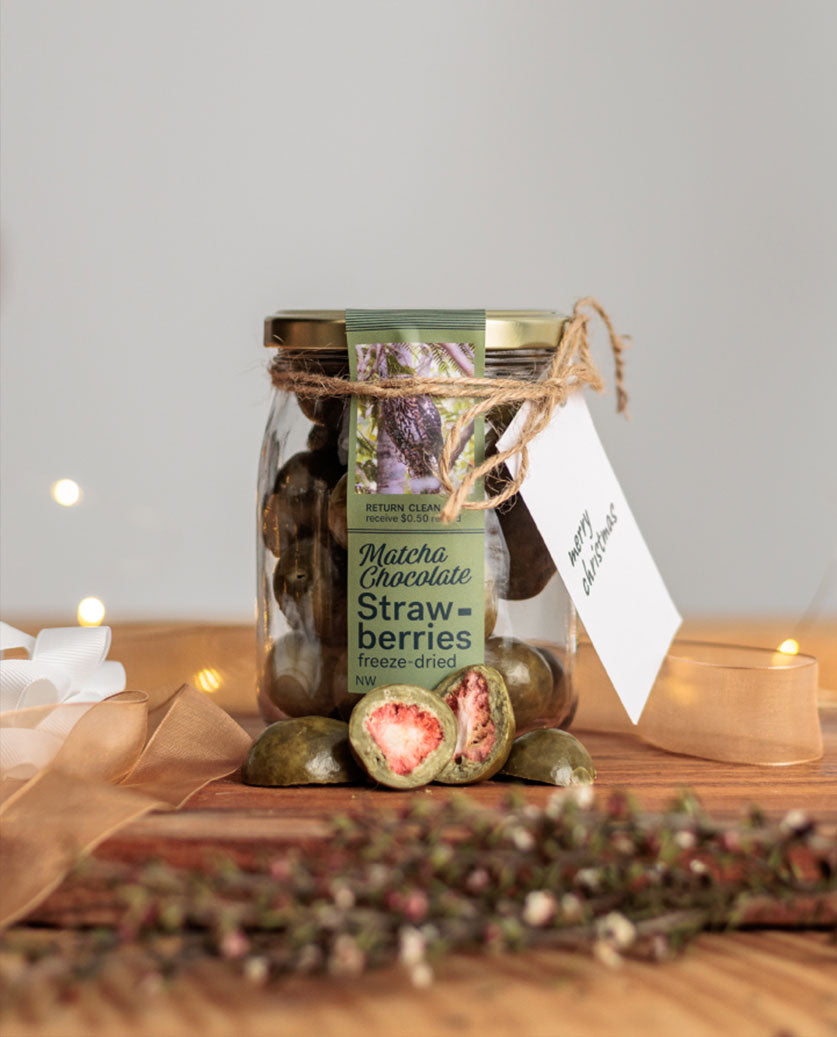Everything You Need to Know About Walnuts
History
Walnuts are the oldest tree food known to man, dating back to 10,000 BC. Early history indicates that “English Walnuts” came from ancient Persia, where they were reserved for royalty, and this is why walnuts are sometimes referred to as “Persian Walnuts”. In the early days, walnuts were traded between Asia and the Middle East, transported via caravan to faraway lands and then eventually carried by ships, spreading the popularity of this special nut around the world. English marines transported walnuts for trade to ports around the world and this is when they became known as “English Walnuts”. They were introduced to California in the 1700s, and today 3/4 of the world trade of walnuts comes from California.
Our walnuts here at GoodFor are proudly sourced within New Zealand. Considered the “health nut” of the New Zealand varieties, they have a delicious taste and impressive nutritional value.


Health Benefits
Walnuts are not only delicious to eat, they also have an abundance of nutrients and associated health benefits. With a rich content of omega-3 unsaturated fats, walnuts are particularly useful for non-seafood eaters who don’t get these essential fats from oily fish in their diet. Omega-3 plays an integral role in reducing oxidative stress within the body, and in particular the brain, thereby having positive effects on brain power such as enhanced memory and improved concentration. Additionally, the omega-3 content of walnuts can reduce risk of cardiovascular disease, as it helps to regulate cholesterol levels by allowing “good cholesterol” to transport and remove “bad cholesterol” from the body. Omega-3 fats also have a protective effect on bone health, so ageing people may benefit from daily consumption of a handful of walnuts.
Walnuts are a great source of iron, selenium, calcium, zinc, vitamin E and some B vitamins. Not to mention their rich content of energising, free radical-fighting and unique antioxidants that are available in only a few commonly eaten foods.
Fun Facts
-
Walnuts contain more omega-3 fatty acids than any other nut.
-
Humans have been eating walnuts for at least 10,000 years.
-
In history, walnuts have sometimes been used to cure bad breath.
-
Walnuts can provide anti-inflammatory properties and have been used in history to soothe and heal wounds.
-
The Greeks called walnuts karyon, meaning “head,” because the shell resembles a human skull and the walnut kernel itself looks like a brain.
-
There are more than 30 varieties of commercially produced walnuts.


Recipes
Walnut & Black Bean Meatballs – A plant-based take on a classic hearty meatball, these are made from a combination of walnuts and black beans with an array of herbs and spices to create delicious flavour and texture.
Peach & Walnut Salad – A glorious, flavoursome summer salad to fuel adventures or feed the family.
Cacao Almond Fat Balls – Delicious, fudgey and packed with healthy fats. The perfect afternoon or post-workout snack that will help to eliminate sugar cravings due to their high fat content.
Carrot Cake – A vegan, gluten-free twist on the old faithful that has everything a good carrot cake should but without any nasties.
Banana Bread – This delicious and decadent banana bread is the perfect balance between moist and fluffy with a lovely walnut crunch, all without any refined sugar or flour.
Raw Brownie – Crunchy walnuts, cacao nibs and chewy goji berries make this raw brownie undeniably delectable. Whip it up to share with friends over a hot cuppa.
 GoodFor
GoodFor


